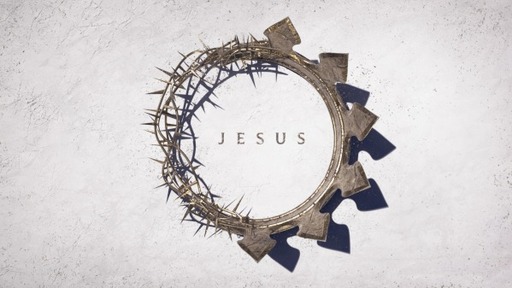Jesus Christ

Birth
Bethlehem
BETHLEHEM—house of bread. (1.) A city in the “hill country” of Judah. It was originally called Ephrath (Gen. 35:16, 19; 48:7; Ruth 4:11). It was also called Beth-lehem Ephratah (Micah 5:2), Beth-lehem-judah (1 Sam. 17:12), and “the city of David” (Luke 2:4). It is first noticed in Scripture as the place where Rachel died and was buried “by the wayside,” directly to the north of the city (Gen. 48:7). The valley to the east was the scene of the story of Ruth the Moabitess. There are the fields in which she gleaned, and the path by which she and Naomi returned to the town. Here was David’s birth-place, and here also, in after years, he was anointed as king by Samuel (1 Sam. 16:4–13); and it was from the well of Bethlehem that three of his heroes brought water for him at the risk of their lives when he was in the cave of Adullam (2 Sam. 23:13–17). But it was distinguished above every other city as the birth-place of “Him whose goings forth have been of old” (Matt. 2:6; comp. Micah 5:2). Afterwards Herod, “when he saw that he was mocked of the wise men,” sent and slew “all the children that were in Bethlehem, and in all the coasts thereof, from two years old and under” (Matt. 2:16, 18; Jer. 31:15).
Background Historically
Jewish sources, such as Josephus (Antiquities) and the Talmud contain scant data about Him. Josephus’ statements validate John the Baptist’s execution—and a contested passage refers to Jesus as a wise man with a significant following who appeared to His followers after His resurrection, as the prophets had predicted.
